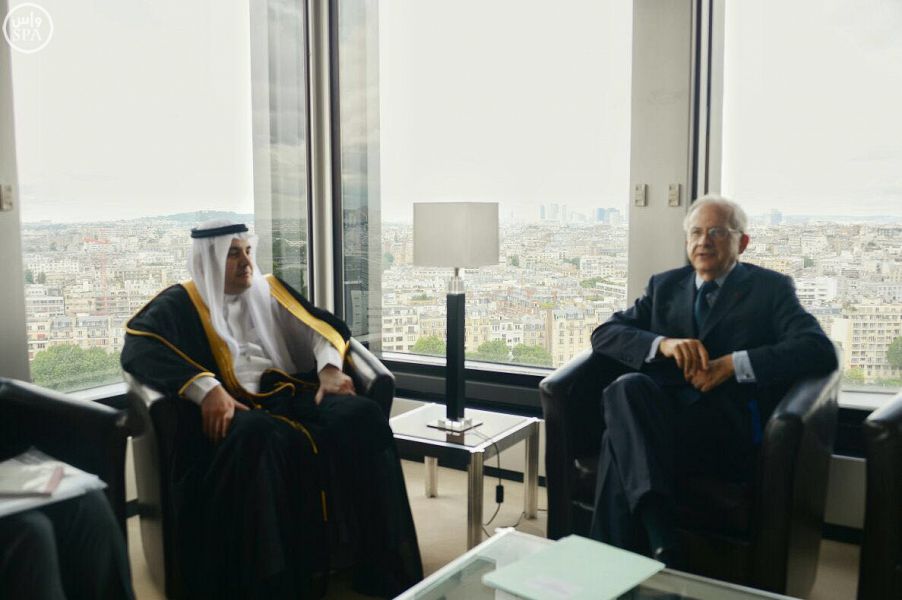
Khadija Patel, an investigative journalist and fourth-generation Muslim of Asian background, is the first female Chair of the International Press Institute (IPI)
Patel was editor in chief of South African’s Mail & Guardian and is now active in mentoring young journalists
VIENNA: South Africa’s leading media figure has been elected as the 35th chairperson of the International Press Institute, the world’s oldest media watchdog.
Khadija Patel, an investigative journalist and fourth-generation Muslim of Asian background, became the first woman, first non-European/American and first Muslim to ever become chair of the prestigious organization.
Set up in 1950 in New York City by 34 male editors and publishers and one female editor, the Vienna-based press institute has, in addition to Khadija, two other women in leadership positions: Italian Barbara Trionfi as executive director and Jordanian Etaf Roudan as an executive board member.
Speaking at the Vienna City Hall, Patel related her upbringing in South Africa where Muslim women were not encouraged to enter the media field.
“I was 12 when I told my English teacher that I wanted to become a journalist,” Patel told fellow journalists from around the world. “After a long pause, my teacher said journalism is not an appropriate career for Muslim women.”
In addition to becoming an investigative journalist, Patel was editor in chief of South African’s Mail & Guardian and is now active in supporting young journalists in her position as head of programs for South Africa’s International Fund for Public Interest Media.
Speaking about the profession, Khadija said being a journalist is the best job in the world. “The pay is not great, but it brings joy to its practitioners. Stories about repression, stories about abuse of power, stories about corruption need also to exist.
“We are complex beings. Our experiences are complex because there is no singular Hungarian or South African or Belarusian experience. Despite the complexity, journalism does allow us to understand each other better to bring joy to each other.
“For me, it is a bridge to inform, and at its most basic level, it is a bridge for each other. In a time when hatred abounds, journalism allows us to be nice to each other and to bring joy to each other.”
Patel told Arab News: “I’m humbled by the volume of support that has greeted the news of my election to this position. I hope that I can repay that support by ensuring the IPI is led well during a particularly trying time for journalists around the world. And I hope we can inspire new generations of journalists around the world to do the same.”
Trionfi said: “We are thrilled to welcome Khadija Patel as IPI’s new board chair and greatly look forward to working with her to address the challenges facing independent journalism across the globe.
“It is no surprise that Khadija earned the trust of her fellow board members to take over the chair position, and her deep experience as a journalist and editor make her perfectly suited to this role.”
Separately, the IPI General Assembly elected 10 new executive board members, including three journalists from the Arab region:
Raheem Adedoyin, chairman, editorial board, Herald Newspapers, Nigeria.
Walid Batrawi, media and communications expert, Palestine.
John Daniszewski, vice president, Standards, editor at large, The Associated Press, US.
Mбrton Gergely, editor in chief, HVG, Hungary.
Emre Kızılkaya, project editor of journo.com.tr, Turkey.
Elizaveta Osetinskaya, journalist and media manager, founder of The Bell, Russia.
Etaf Roudan, Radio Al-Balad manager, Community Media Network, Jordan.
Hiroki Sugita, columnist and associate executive director, Kyodo News, Japan.
Jussi Tuulensuu, senior editor in chief, Aamulehti, Finland.
Sami Zeidan, principal presenter, Al Jazeera Media Network, Qatar.










